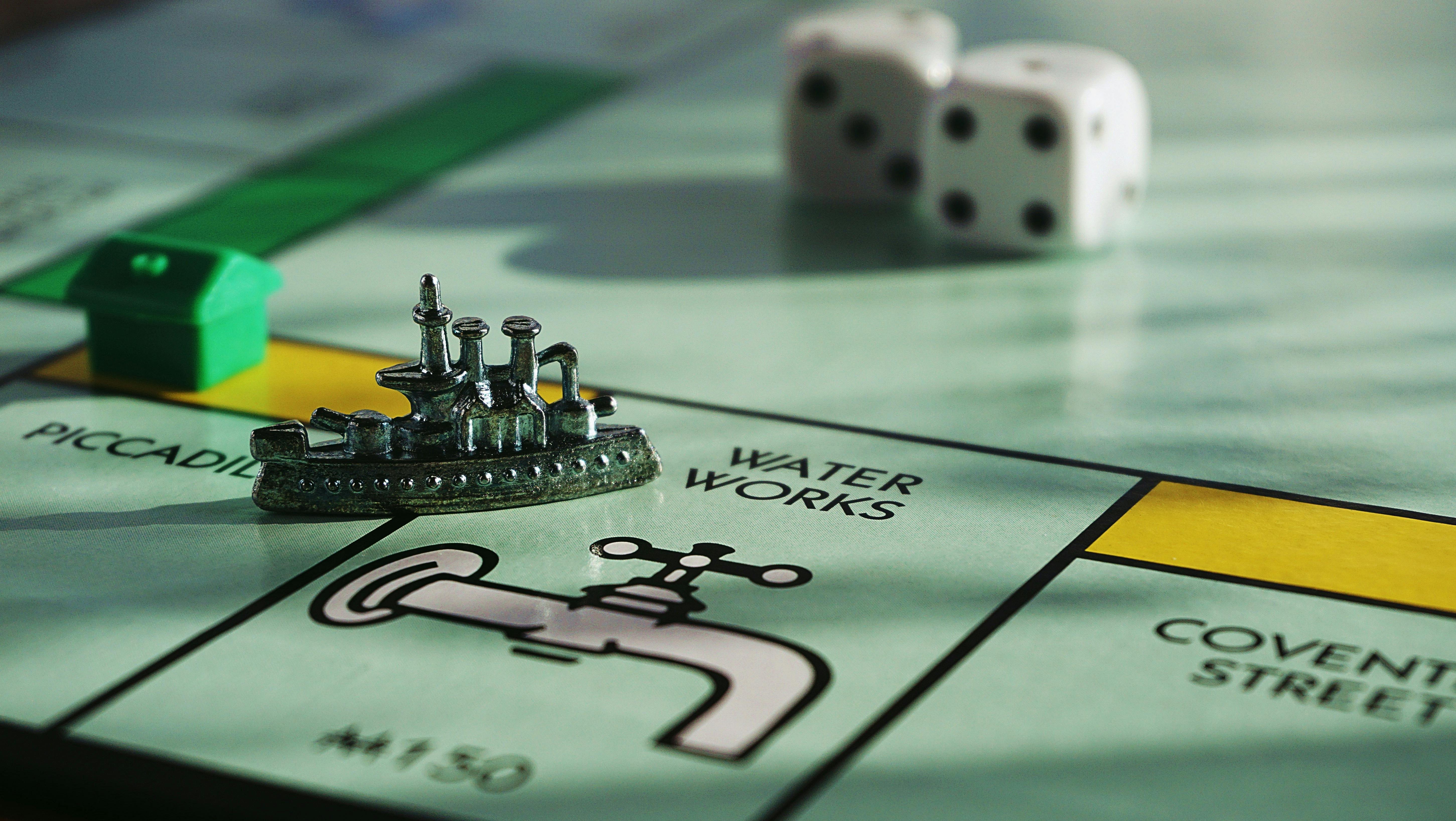Cast your Vote
Posted 4/17/2025

Antitrust laws were established with the intention of promoting competition in business and preventing monopolies. When a company has a monopoly, they have exclusive control of a trade or the supply of a service. This could prove costly to consumers for several reasons. The most obvious reason that can be readily identified is the fact that no one can say whether pricing is fair if no comparison exists.
Amazon, Google, Microsoft, and Apple may have certain monopolies in the tech industry, primarily due to their sheer size. As of the date this article was published, Google was battling some antitrust cases because they, in part, were accused of paying Samsung and Apple to make them the default search engine on their respective devices. Google lost a case against the federal government because they were accused of violating antitrust law by monopolizing open-web digital advertising markets... Click Here.
It must be noted that our site, surveyours.com, uses Google ads. Mark Zuckerberg, the founder of Facebook, found himself under the government's microscope again. The first time was for suspicions that he shared people's information with a third party. This time he's being accused of eliminating competition through acquisitions to create a monopoly.
In a capitalist society, though, people, or companies for that matter, strive to make the most money to produce profits for themselves and/or their shareholders. At the root of capitalism is the desire to capitalize because it's a for-profit-driven system. Warren Buffett once contemplated buying up houses, which is a frightening thought. He could then sell those houses for whatever he wished. He had every right to do so. Antitrust laws may have deterred his ambitions and, with that, interfered with his capitalist desires. We can see the realization of his ideas in today's housing market, where corporations have bought many single-family homes, raised prices, and disrupted the housing market... Click Here.
Some have begun to push back against these corporate entities, claiming that they are making it unaffordable for most Americans to pursue homeownership. If anyone remembers "the bailout," some companies were deemed "too big to fail" because of the impact their failure would have on the world economy. However, these companies grew out of proportion, unmitigated by the federal government. Capitalism may have sabotaged itself in that instance.
Albeit, inherent to capitalism is the idea of competition; in
addition to private individuals owning and controlling the means of production,
the "little man" is largely unprotected and taken advantage of and
is unable to compete. Starting a business to make money is one thing,
but eliminating the opportunity for others to do so is something different
entirely. Click Here for a list of other companies that own more than you think.

